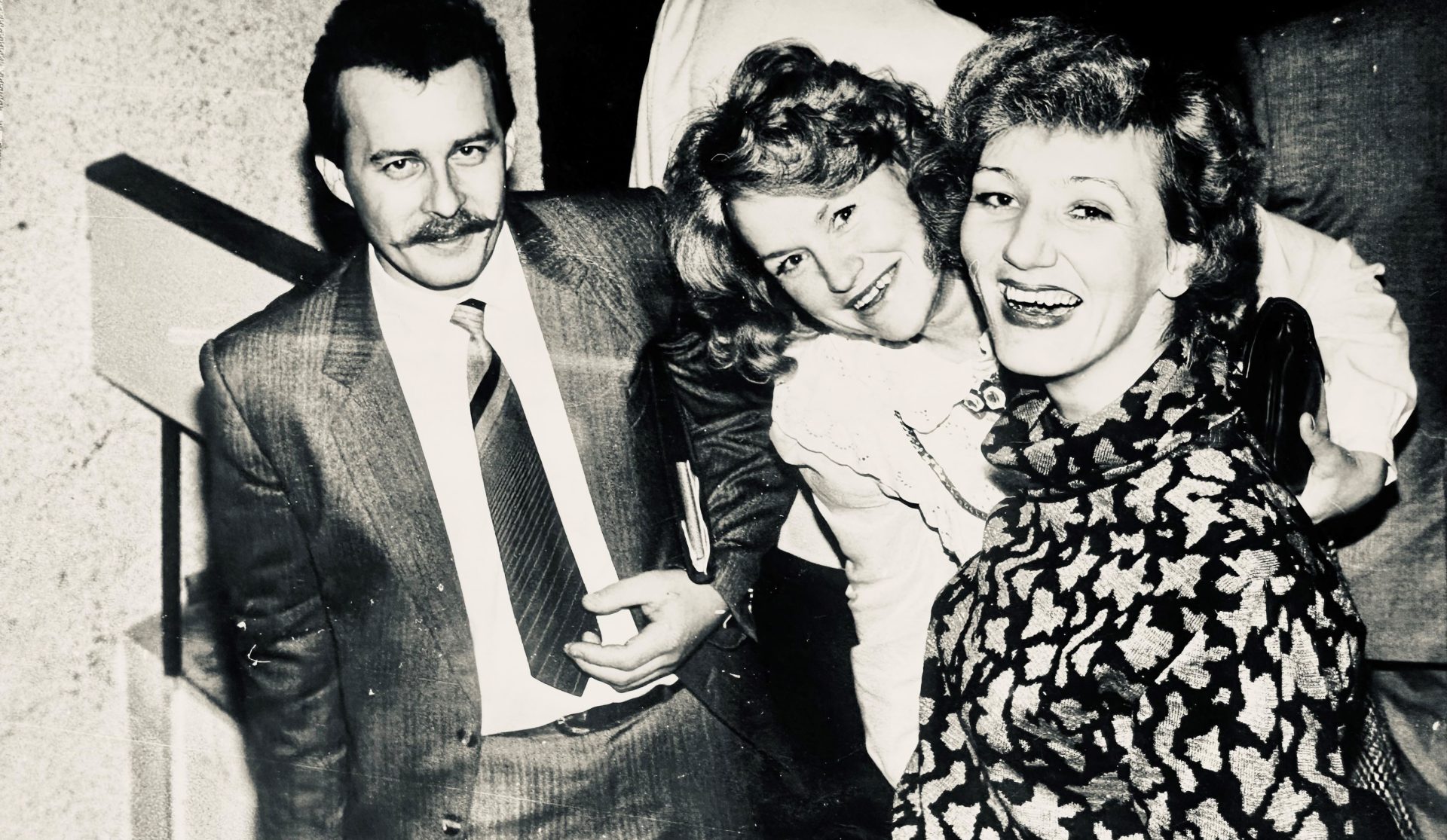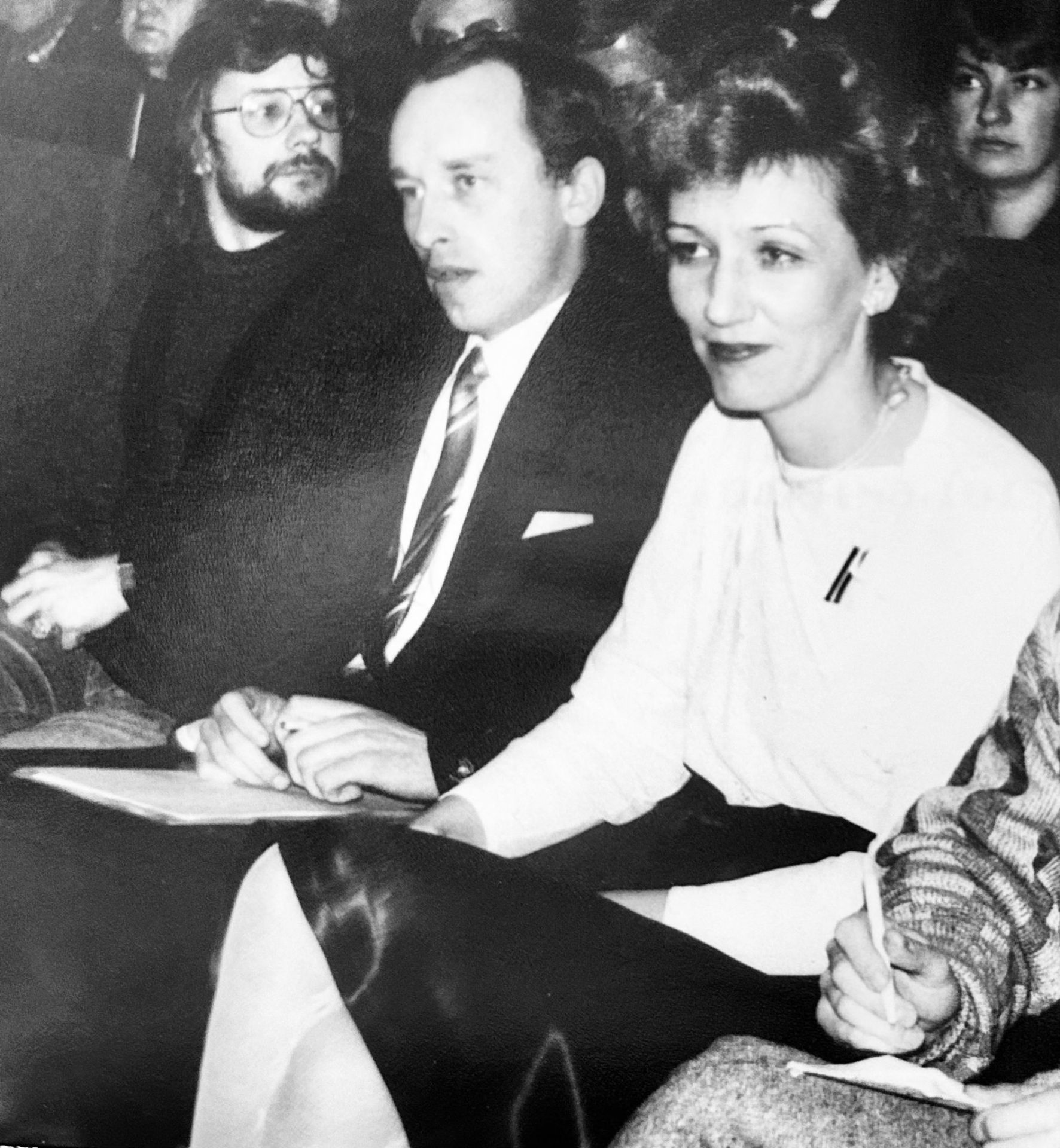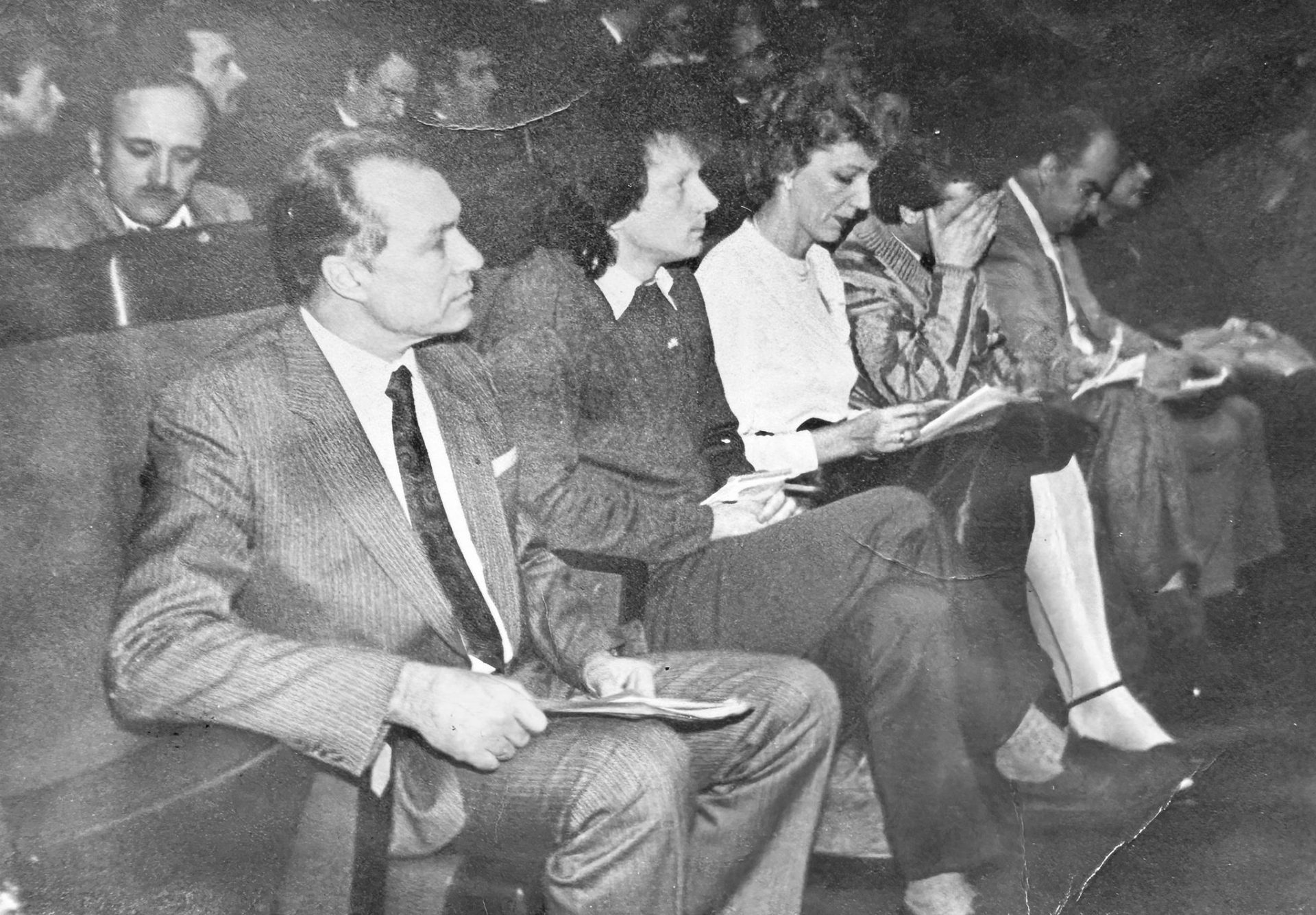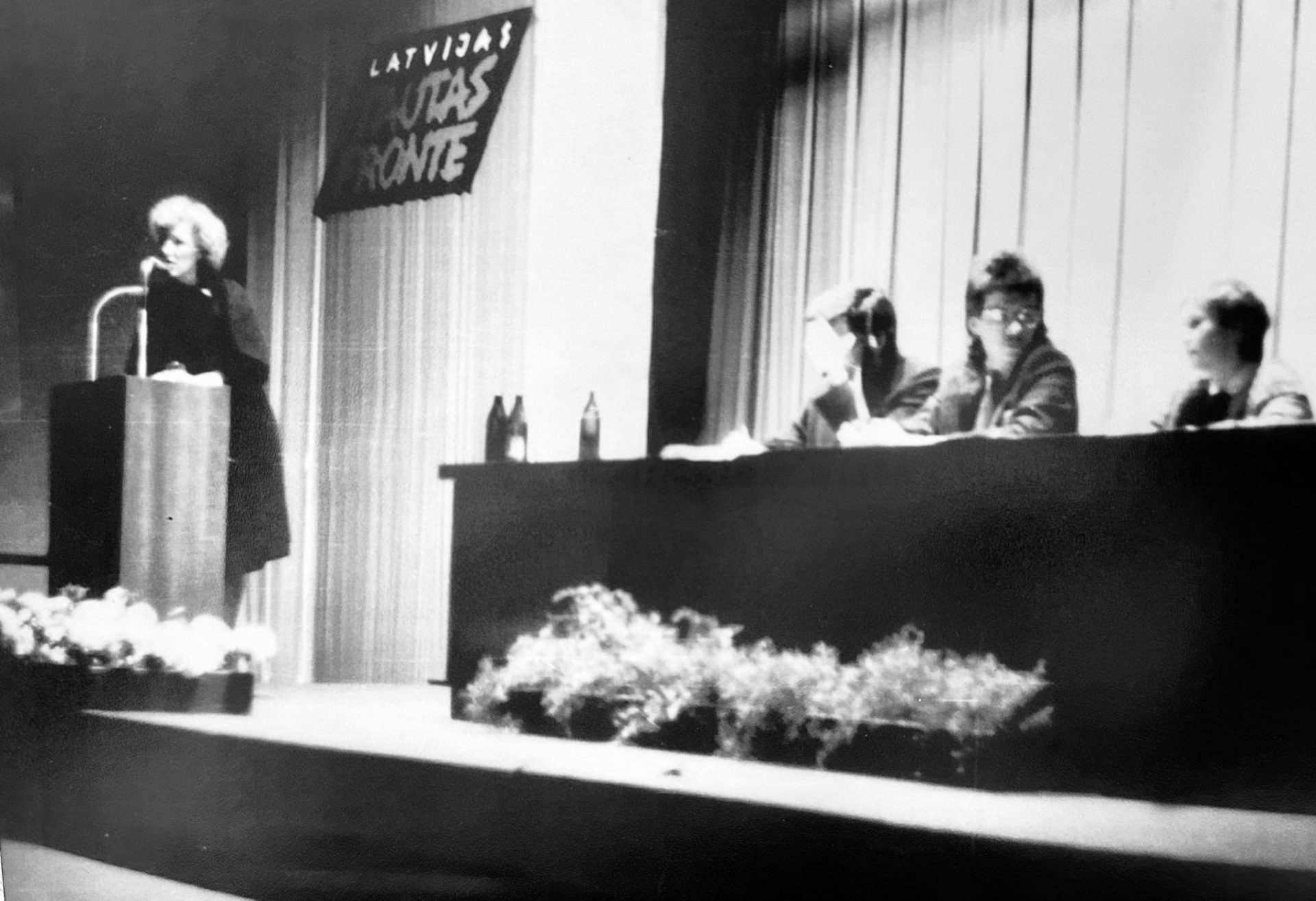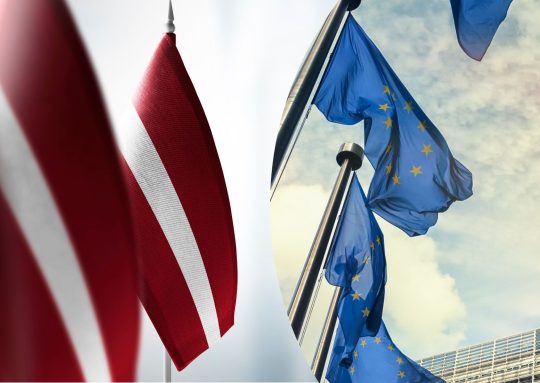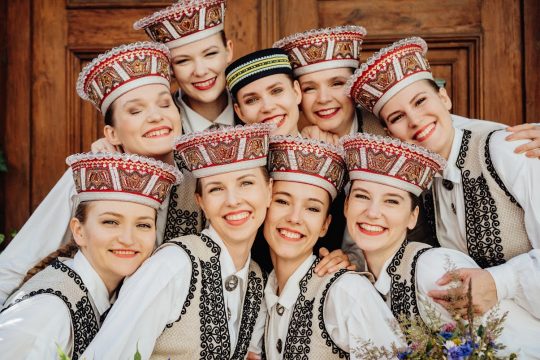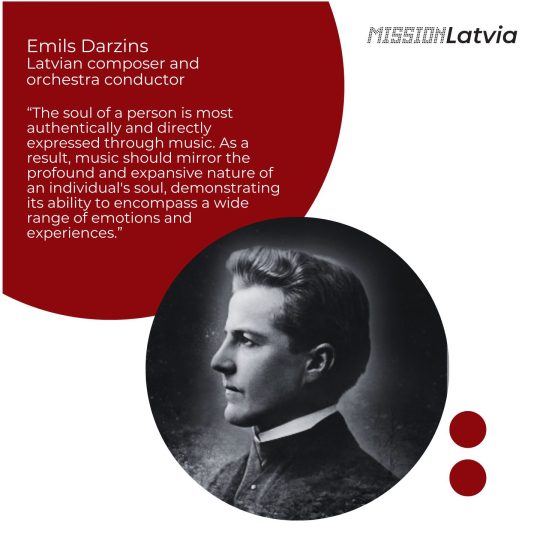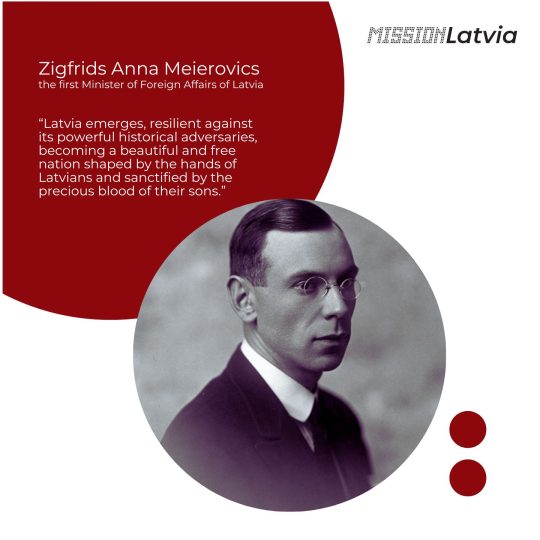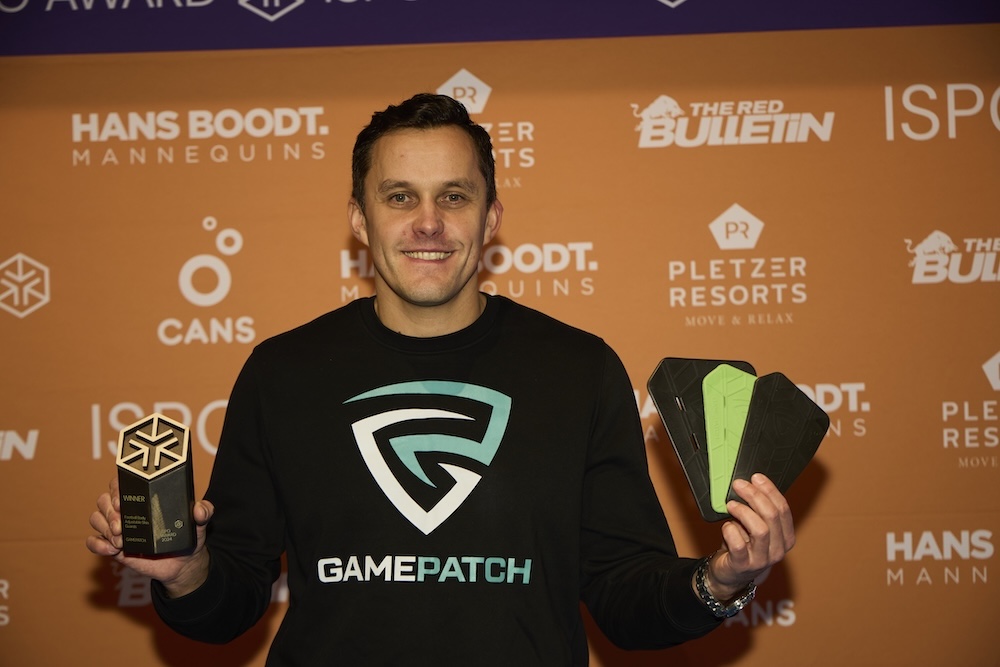On the 4th of May, Latvia commemorates its independence restoration day, marking a central moment in its history. This day serves as a reminder of the Latvian people’s persistent fight for freedom and sovereignty. It recalls the significant events of May 4th, 1990, when the Declaration on the restoration of the independence of the Republic of Latvia was adopted.
This declaration was not merely a symbolic gesture but a legal testament to the enduring spirit of the Latvian state. It reaffirmed the validity of Latvia’s constitution proclaimed in 1918 and denounced the Soviet occupation in 1940 as illegal. Recognized internationally, this declaration played a crucial role in Latvia regaining its independence in 1991.
The journey to independence in 1990 was a combined force, uniting Latvians both within the country and across the globe. Citizens within Latvia actively participated in the awakening movement, organizing protests, rallies, and demanding democratic reforms. Organizations like the Popular Front of Latvia emerged as pillars of the independence movement.
Meanwhile, exiled Latvians, scattered across various countries after World War II, provided vital political and moral support for the reconstruction process. Through international outreach campaigns and diplomatic efforts, they strengthened Latvia’s quest for independence. The 4th of May holds special significance for Latvians worldwide, resonating with the global diaspora.
Among the cherished traditions is the “White Table Celebration,” symbolizing unity and dignity. Families, friends, and neighbors come together around a white tablecloth, sharing meals, memories, and reinforcing bonds. This tradition shows how Latvians worked together with pure hearts to win their independence, serving as a powerful reminder of the nation’s resilience and unity.
To capture the public mood surrounding the momentous occasion of May 4th, MissionLatvia Team had the pleasure of meeting Velta Čebotarenoka, President of the May 4 Declaration Club of Latvia. We sat down on a sunny Saturday evening at Velta’s family house in Jurmala, and her insights were truly illuminating.
Velta Čebotarenoka was one of the 138 members of the Supreme Council who voted in favor of the declaration at that time. She actively supports Latvia’s independence and democracy. Currently serving as the President of the May 4 Declaration Club of Latvia, she is happy to share her memories of the events of 1990 and explain why the adoption of the May 4 Declaration was so important historically.
MissionLatvia — Could you please share your thoughts on that time and what the mood in society was like?
Velta Čebotarenoka — As the Soviet occupation in Latvia had lasted for almost 50 years, and in the early 1980s, one Soviet leader after another began to die (often succeeded by even older leaders), more and more people began to feel that something was seriously wrong with this country. Everyone already had their own thoughts that the Soviet Union was not the country they wanted to live in, especially since in the memories of parents and grandparents of the three Baltic states, Latvia had once been a free and independent country. This strengthened the desire to break free from Soviet occupation.
And this sentiment was not just within me or my family or friends; it was prevalent throughout Latvia, as well as in Lithuania and Estonia, and in other Soviet-occupied countries. Unfortunately, in those countries, like Ukraine and others, the period of occupation lasted for 70 years, so these historical memories were much older, making it perhaps less vivid, less certain to think about restoring statehood.
ML — Was Latvian society cohesive?
VČ — Definitely about restoring Latvian independence! The independence movement began – first in Helsinki, then the National Independence Movement “Helsinki-86” and the Latvian National Independence Movement. There were also some movements of individuals that didn’t gather many people. It was very important to us that the people were as involved as possible in these movements. In 1988, the Popular Front of Latvia emerged, and this movement was very large because it had clear goals, no aggression, it was visible how we would achieve the goals, there were programs, and it involved: intellectuals, artists, poets, writers, scientists, doctors, teachers, lawyers, economists. Those who stood aside included various employees of Soviet institutions, which can also be understood because they would then lose their jobs. For example, journalists, like us, were all on the same page. And we understood that it definitely needs to be done. And Jūrmala is an interesting city in general because it had 60% foreigners and 40% residents. But the Popular Front of Latvia was one of the largest in Latvia, with over a thousand people, about 60,000-70,000 residents, where I would emphasize that the proportion of Latvians was relatively small. But we had both russians and people of other nationalities who were also clearly told that we were heading towards the goal, we were heading towards the restoration of Latvian independence. It was their choice – to go with us and fight.
ML — Was there any opposition activity?
VČ — The opposition, of course, was very large and very serious because there was the Interfront (an organization in Latvia that fought for the preservation of the USSR and against the restoration of Latvia’s independence), which consisted of various ranks of Soviet army personnel, as well as directors of Soviet factories, engineers, and others. And then there was the horror – those serving in the Soviet army at the age of 45 could retire and become demobilized, meaning they could leave the Soviet army service, and they had the right to choose any place within the Soviet Union where they would like to live. And a very large number unfortunately chose Latvia, Riga, Liepaja, and other Latvian cities, but mainly Riga and Jūrmala. So, this was how society was formed. Both newcomers and some locals, fearing that something might change in their comfort, that the dominance of the russian language would no longer prevail, that they would not determine everything that happened here, and that the time of occupation might come to an end, began to realize this. Soviet armies were forming. The State Security Committees and Party Committees organized a joint organization – the Interfront, from which unfortunately people were also elected to the Supreme Council. We fought very, very hard for every seat in the Supreme Council, but unfortunately, there were enough who did everything to prevent us from voting on the Declaration of Independence of Latvia on May 4th.
ML — Did Latvians believe they would become free and independent?
VČ — Latvians believed they would become free and independent because that was their goal, and they wanted it to happen. Additionally, the economic situation in the Soviet Union, including Latvia, was rapidly deteriorating. The global oil prices had plummeted, resulting in a significant reduction in currency entering the Soviet Union. There wasn’t much to fill this gap, and the economy was really at a very, very low level. Can you imagine that, for example, every citizen of the Latvian Republic, and in principle, every citizen of the Soviet Union, had a card with a photograph, which they could show in a store to buy soap, shampoo, sugar, bread? It sounds unbelievable then and even now!
All Latvians were in favor of becoming free and independent, and that’s why we were elected because those who became deputies were precisely those who, in their pre-election program and meetings, promised people, the residents, that Latvia would become free and independent. Here’s another nuance. At that time, any citizen of the Soviet Union could vote for the Supreme Council. It’s completely abnormal! But that was the situation. For example, in Jūrmala, there were several sanatoriums along the seaside where serving Soviet army soldiers, officers, and officials improved their health. And they also had the opportunity, for example, to vote for me. I had to meet with them and persuade them because I needed to gather 500 votes in favor of me just to become a candidate for deputy and participate in the elections.
ML — Approaching the May 4th session, what was the atmosphere like when the votes were being counted? Was there any tension or excitement?
VČ — Yes, well, that step was taken, the next one came – the elections themselves, which also required thorough preparation because tough questions were being asked everywhere: how would we live on, and what exactly would I do to make Latvia independent? The tension was significant. The Popular Front of Latvia lacked votes after the election, although it was the largest, most massive organization, and it had also merged with the Latvian National Independence Movement. Then, on the eve of May 4th, a day before the adoption of the declaration, on May 3rd, the leader of the Popular Front of Latvia, Dainis Īvāns, called me and asked to keep an eye on what was happening around. Because the so-called Soviet intelligentsia or leadership had been elected as party committee employees, we couldn’t be sure if they would vote for the independence of the Republic of Latvia. Of course, discussions were held with them, efforts were made, and everything possible was done to ensure their loyalty to us.
ML — How did the atmosphere change with each vote counted?
VČ — Downstairs, at the Supreme Council, there were a lot of people gathered, an unimaginable number, as far as the eye could see from the hall on the second floor, everywhere below was filled with very, very many people who followed each of our speeches, each breath, it seemed, just like we followed them. When the voting began and when the votes were being counted, all these people were following along because with our “Yes!” With the word “Yes,” we had to not only confirm with our signature but also that we had voted for the Declaration of Independence of the Republic of Latvia. There was this anxiety, whether someone had made a mistake, whether someone was against it, and therefore there was a very tense and anxious atmosphere in the hall, whether there would indeed be enough votes. But when people counted up to 134 which was the required number of votes, downstairs there was a huge noise and loudness, and the Chairman of the Supreme Council, Anatolijs Gorbunovs, repeatedly asked for people to be quieter downstairs, that it was impossible to concentrate on work in the hall because all the windows were open so people could hear what was happening. But when it was four more votes added, some were crying, some were laughing, we all hugged each other, and the feeling was indescribable, perhaps only once in a lifetime – it’s the realization of happiness, joy, courage, and also the feeling that you have finally done something very, very important for your country, your people, your fellow citizens.
And then, we immediately went to the Daugava riverbank, where a large rally took place. There were very, very, very many people gathered there, as far as the eye could see, everything was filled with people who were positively charged just like us, and together we listened to speeches and sang a lot. All our rallies were characterized by singing – at the Popular Front of Latvia, there were songs specially written for that time, as well as many patriotic Latvian folk songs.
ML — The Saeima’s website fascinatingly describes how Latvians in exile coordinated the latest news among themselves. For example, by communicating via phone from Toronto, Canada, to Stockholm, Sweden, the phone was connected to a radio station that broadcasted the Supreme Council session live. Then, the sound was transmitted through loudspeakers. How did this coordination of information reflect in Latvia?
VČ — Yes, of course, Latvians in emigration followed everything that was happening in Latvia because they were very, very interested in what was really going on, what the voting was like. Moreover, it was very complicated to communicate directly because everything happened through Moscow (Russia) for any communication, including phone calls, all happened under the complete surveillance of the Security Committee. But since we had already voted, of course, they were somewhat confused because they probably didn’t know what to do next. They relied on the belief that it wouldn’t happen after all. Throughout the day, the Interfront did everything it could to stop us. There were various foolish reasons, various threats. For example, I sat in a row behind which was the Interfront. And some person told me, well, you are alive, but you won’t leave from here, you can vote, but understand what it will lead to.
We felt very, very happy above all! We didn’t even understand what would happen next, we didn’t understand that after the election of the Supreme Council, there would be two courts, prosecutor’s offices, and new security units would have to be created. Daugavpils City Council was dismissed because it disobeyed the newly elected government. The entire state administration had to be rebuilt. We didn’t have our own security services, we didn’t have our own guards either. There were people dressed in their civilian clothes, and in fact they had no weapons. So, at that moment, we only began to understand what a very broad and bold step we had taken and that now, to a certain extent, the responsibility for the country, for the people, lay on our shoulders.
ML — I know that on May 4th, you have to participate in many formal events. However, I am sure that the White Table celebrations are not missed in your home. How do you celebrate them? How important are these celebrations to you, your family, and friends?
VČ — Well, in our home, of course, May 4th and everything related to it has been a festive day for years – now for 34 years, I could say. My daughter Lauma has grown up in such an atmosphere, now it’s Lauma’s family, husband Janis, and daughter Madara. We set the white tablecloth, invite neighbors, invite friends. This is the biggest celebrations for me, even bigger than November 18th when the Republic of Latvia was founded, because these are close to me, I have participated in these celebrations myself, and partly thanks to me, these celebrations exist, and Latvia has regained independence.
And I also want to ad that over these 34 years, we have come so far that never have people lived so well in Latvia, even in the first Republic of Latvia. We have also come far in terms of security because we have joined NATO, also because we are in the European Union, we receive constant support from the European Union, we are understood, we are accepted, we have material assistance, and if all of this were not the case, we would currently be in the situation of Ukraine. We had enough strength, we had enough mind, we had enough courage for Latvia to be free and to truly celebrate this day with honor. And I am glad that every year these celebrations are gaining momentum, now not only Latvians can celebrate, but also democratic, honest, and Latvia-accepting foreigners living in Latvia.
ML — Thank you!
VČ — You are welcome!
This interview was conducted by MissionLatvia Team, 29.04.2024.
© Nation Branding Division; Investment and Development Agency of Latvia




